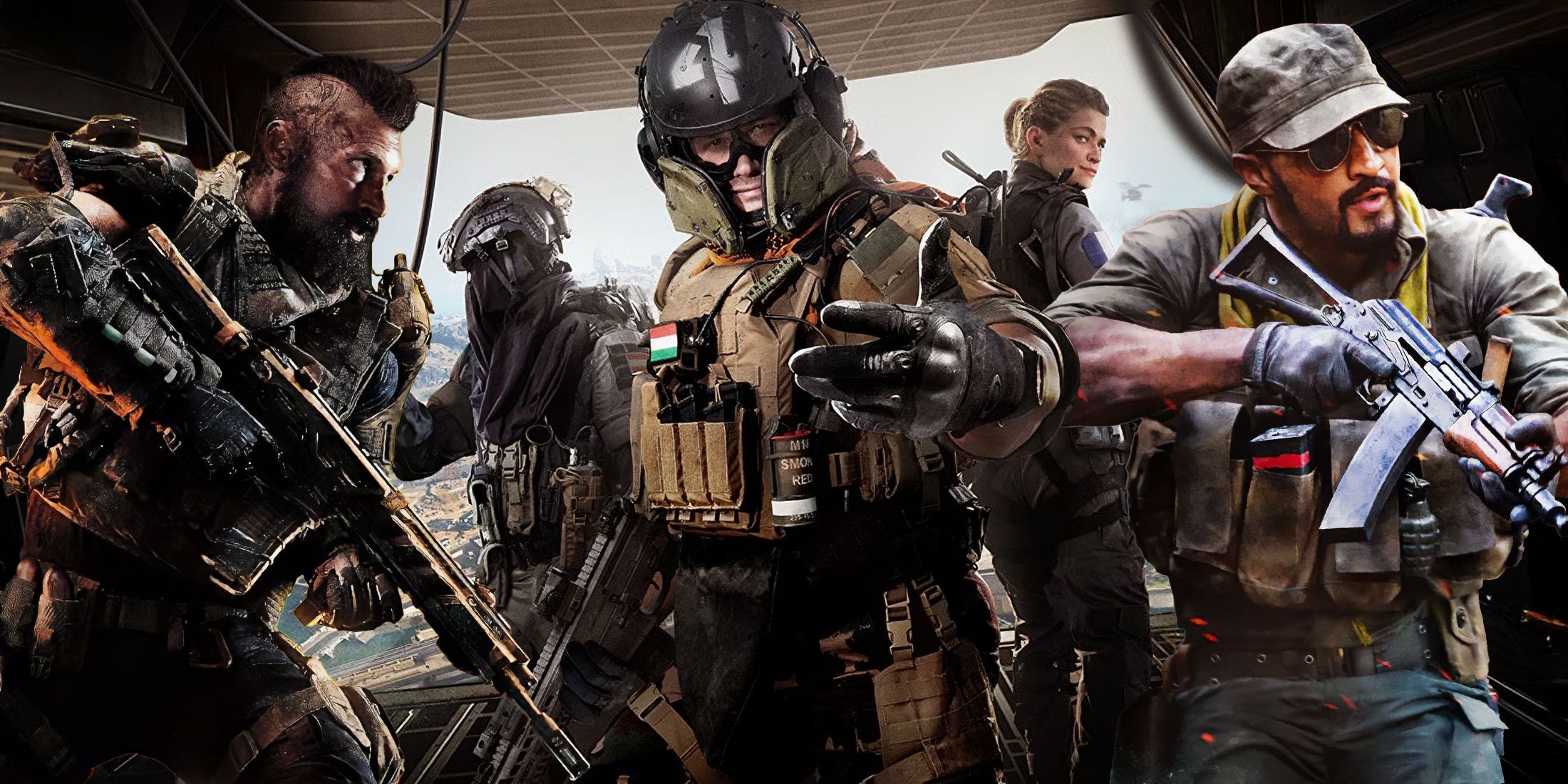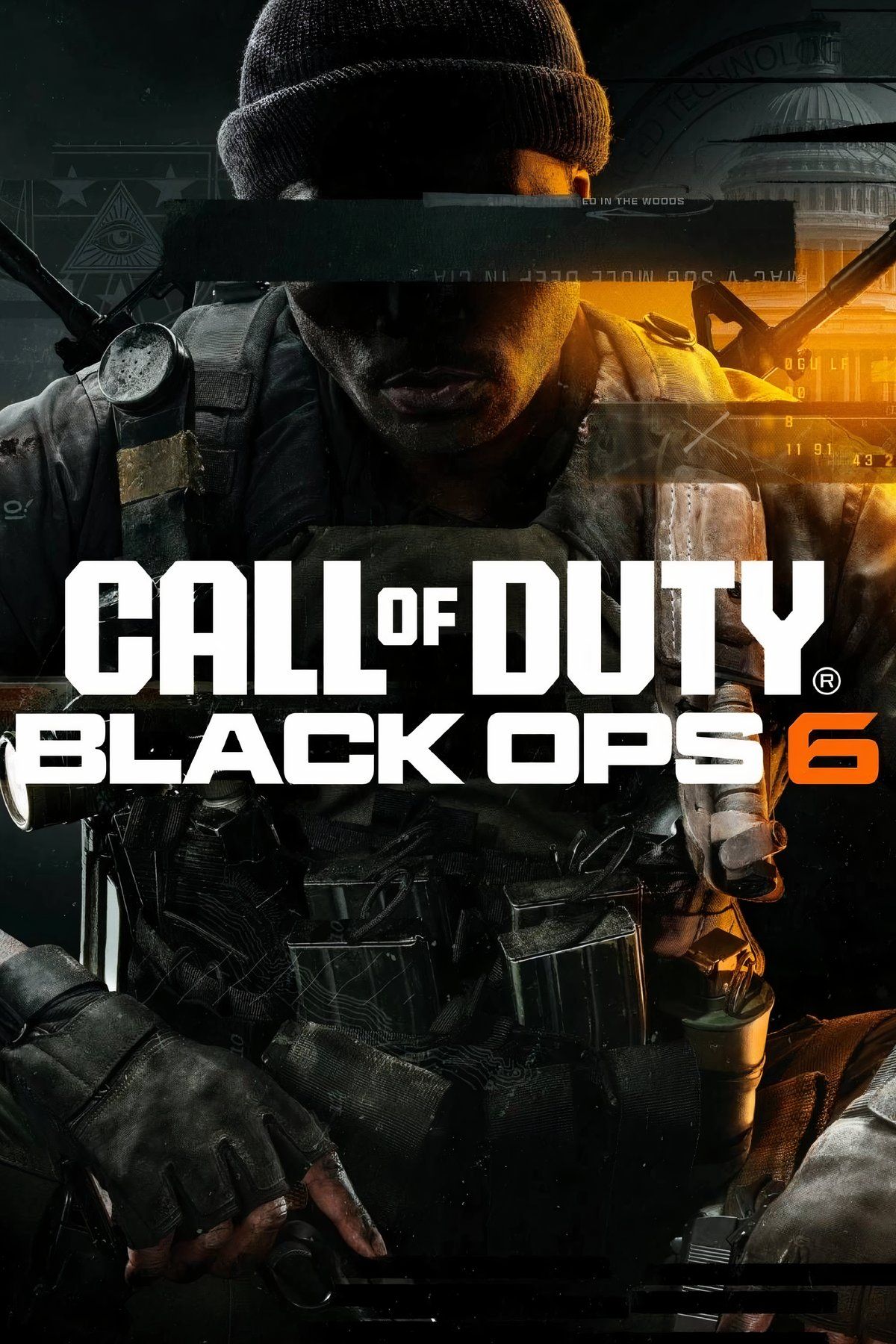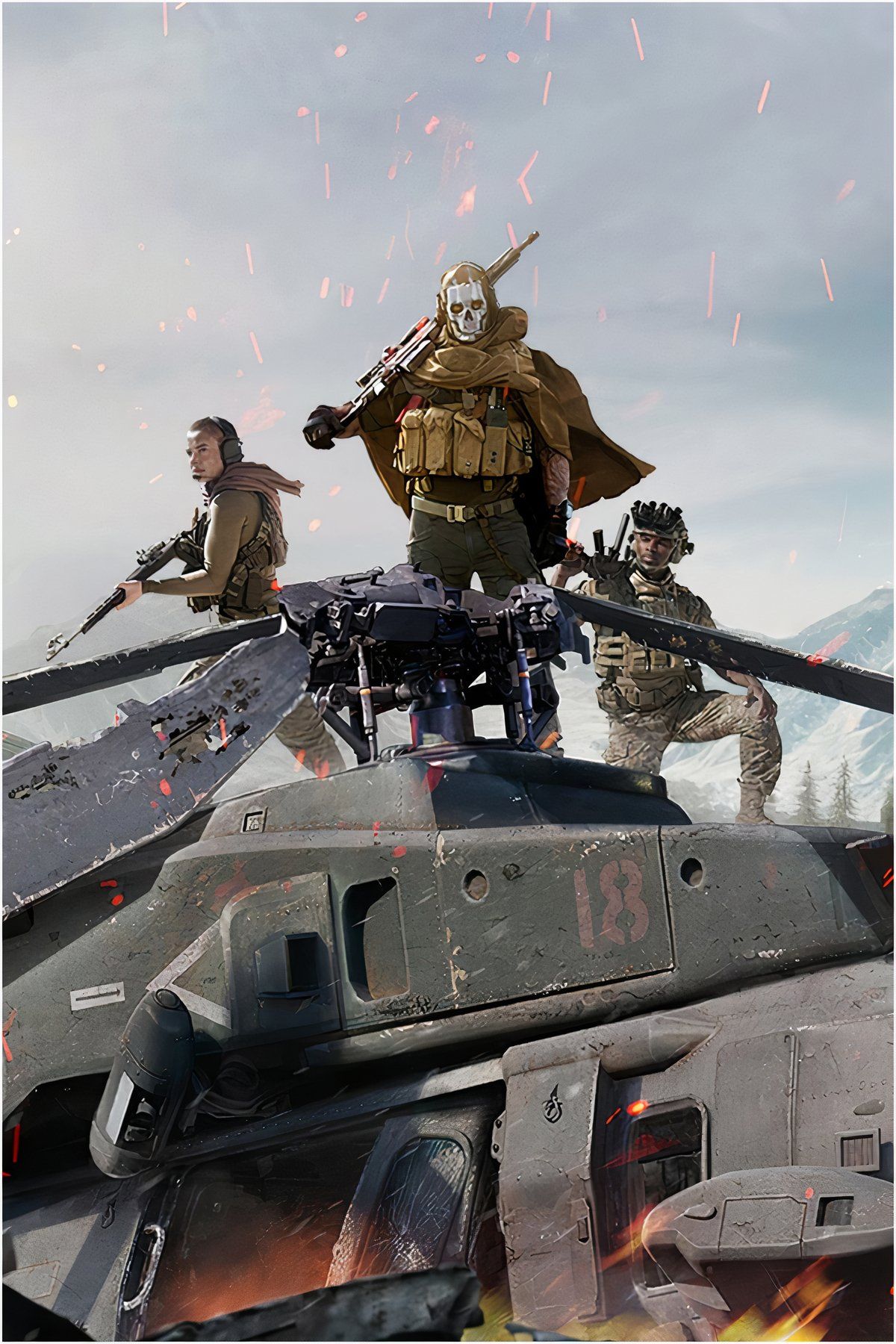Skill-Based Matchmaking (SBMM) has long been a highly debated topic within the Call of Duty community, as it is considered that the system uses a player’s performance to impact lobby creation. Although Activision never explicitly acknowledged SBMM, the system seemed to adjust dynamically based on a hidden skill rating, leading to frustrations due to the lack of transparency.
Since Modern Warfare (2019), players have observed a noticeable shift in matchmaking, often finding lobbies increasingly challenging. This sparked speculation about the role of skill in the game’s matchmaking system. However, Activision finally released a secure method to access this hidden skill rating. Here’s how to check your skill rating in Call of Duty.

Related
Call Of Duty: 10 Games With The Best Multiplayer, Ranked
For many gamers, the highlight of the Call of Duty franchise is its multiplayer. Here’s how they stack up to each other.
How to Access Hidden Skill Rating in Call of Duty (Black Ops 6 & Warzone)
To access your hidden skill rating in Call of Duty, including Black Ops 6 and Warzone, you will need to follow these steps:
- Head to the Activision Support Privacy Portal.
- Click ‘Submit a New Request.’
- Select your country of residence and check the ‘I Have Read the Above Terms, and I Confirm my Eligibility’ box.
- Click ‘Proceed to Privacy and Data Protection Portal.’
- Select the ‘Access my Personal Information (Subject Access Request)’ request type.
- Log into your Activision account and any platform accounts you use.
- Once logged in, you should notice that every Call of Duty game should be automatically checked.
- Confirm you’re not a robot and accept Activision’s Terms of Use.
- Click ‘Submit Request.’
- Add your email within the ‘Get Notified When Your Case is Updated’ to notify you of any updates to your data request.
- Finally, be sure to watch out for an email from Activision, which will contain all your account data.
When you receive the HTML file, you’ll need to import it into a spreadsheet application to check it thoughtfully. If you plan to share it, be sure to remove all sensitive information first, as the file will include personal details, like your IP address.
This method was initially shared by a viewer of YouTuber TheXclusiveAce, who highlighted and explained the trick in a video to reach a wider audience.
Among all the information, the data will display your skill rating changes after each match from Call of Duty: Vanguard onwards, showcasing how the game evaluates your performance to place you within a specific skill rating bracket. The detailed information provided also includes:
- Match date, mode, and map
- Equipment, operator, and skin
- Gameplay metrics (e.g., kills, deaths, streaks, damage)
- Skill performance
- XP changes (total, match, challenge, and more)
- Lifetime stats (games played, wins/losses, time played)
- Vehicles, assists, headshots, and suicides
- Battle Pass and rank progress
Since this discovery is still new, players are just beginning to analyze their data, leaving questions unanswered about the maximum achievable skill rating or benchmarks for high and low ratings. With more submissions, a clearer understanding of how skill ratings influence matches will emerge.
“Encountered an Error. Please try again” Message, Explained
Call of Duty players eager to view their skill ratings often encounter an error message on the Action Support site stating, “We’ve encountered an error. Please try again.” This issue is likely due to a high volume of requests, which can overload the system and temporarily limit access to your data. If you experience this, patience is key. Keep trying periodically to retrieve your skill rating and related CoD information through this method.
Call of Duty: Skill Rating, Explained
Activision’s white papers on Call of Duty matchmaking describe skill as “how well a player can be expected to perform against the rest of the population in a given game mode, based on their previously observed performance.” Skill is determined based on “a player’s overall performance: kills, deaths, wins, losses, mode selection, and recent matches as an overall metric across all Multiplayer experiences.”
After each match, a player’s performance metric is recalculated and compared to others in the lobby. Skill values are adjusted inversely to the probability of achieving the observed outcome, ensuring that unexpected results significantly impact skill rankings.
This system prioritizes balanced teams to create a “fun and competitive experience” for players of all skill levels. Activision claims this approach improves end-of-match placement satisfaction for 80–90% of players, encouraging longer play sessions and reducing mid-game quits.















Leave a Reply